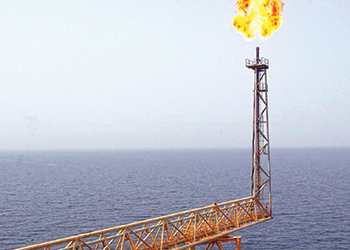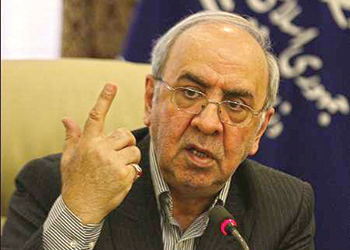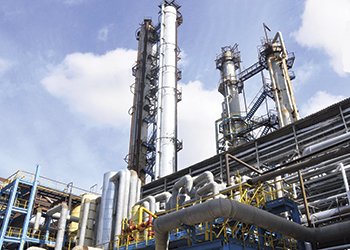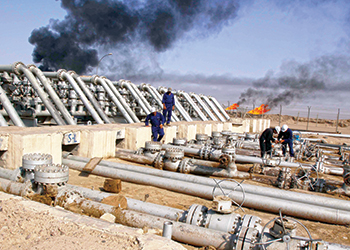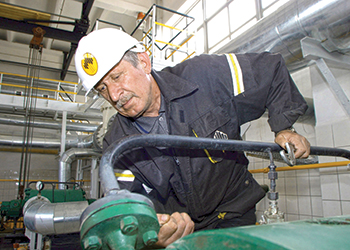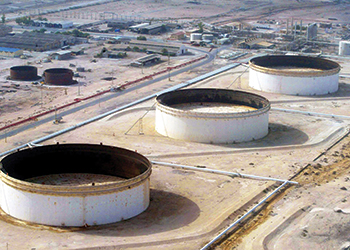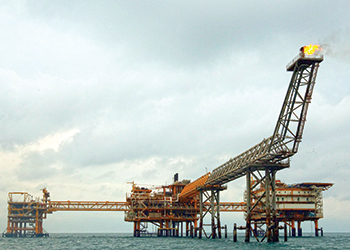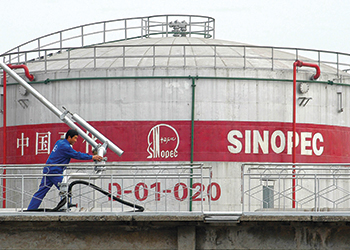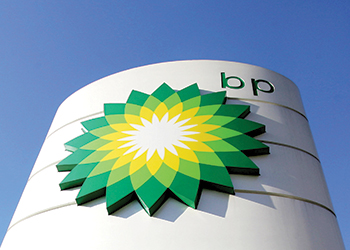
 BP ... eyeing Iran
BP ... eyeing Iran
Oil producers such as BP and Royal Dutch Shell have expressed interest in developing Iran’s reserves, the world’s fourth-biggest, when sanctions are removed
Iran has selected 45 oil and gas projects to show international companies at a conference in London in December when new oil contract models will be discussed ahead of exploration auctions to double the country’s crude output.
The projects, including oil and gas exploration, will be discussed along with details of a new oil contract model at the Dec. 14-16 conference, Mehdi Hosseini, chairman of Iran’s oil contracts restructuring committee, says in an interview in Tehran.
Iran hopes to boost crude production to 5.7 million barrels a day, he says.
The Gulf nation’s output was 2.85 million barrels a day in July. Oil producers such as BP and Royal Dutch Shell have expressed interest in developing Iran’s reserves, the world’s fourth-biggest, when sanctions are removed following last month’s nuclear agreement with world powers.
"We will define projects in the oil and gas sector as much as feasible and necessary since we believe this sector will bring wealth and economic development," Hosseini says.
"As far as this conference is concerned, we have defined around 45 projects which include exploratory blocs at varying development costs."
Iran may give companies two to three months to decide whether to bid on the projects, he says. "The exact length will be decided by the time of the conference." Shortly after that, Iran will call for bids, he says.
"We consulted with almost all medium and major oil companies over our contractual contents and projects. And the feedbacks have been positive," he says.
Iran will adopt "risk service contract" models which will offer investors payback in the form of cash or oil allocation, he says. They won’t be allowed to claim ownership of the country’s energy reserves, he says.
"They would resemble production sharing but with different characteristics," he says.
"The international oil company, or the investing company, would be accepting certain risks in view of which it would be entitled to a portion of the oil thus produced. Or the reward of that risk is a share/portion of the oil."
Iran’s production costs are $8 to $10 a barrel so, "our projects will be attractive to investors," Hosseini says. Falling oil prices are in Iran’s interest at this point because high prices encouraged uneconomical fields, he says.
"The drop in prices from $100 a barrel to around $50 a barrel now is only in the short run," Hosseini says.
"Looking at the international oil industry over the long-run, the demand will rise and so will the prices."
Pending the end of sanctions, Iran wants to boost oil production to about 15 per cent of the Organization of Petroleum Exporting Countries’ output, or more than 4 million barrels a day, he says. "As Opec’s share increases so does our share and we will need to build capacity.
As a preliminary goal in the short run we plan to produce 5 million barrels a day and then go from that to 5.7 million barrels a day."
Iran’s oil reserves are estimated at 157.8 billion barrels by BP.
That’s enough to supply China for more than 40 years. Iran can boost oil production by 500,000 barrels a day within one week after international sanctions are lifted, Oil Minister Bijan Namdar Zanganeh says in an interview with state TV.
Sanctions against Iran’s oil industry should be lifted by late November, he says.






































































